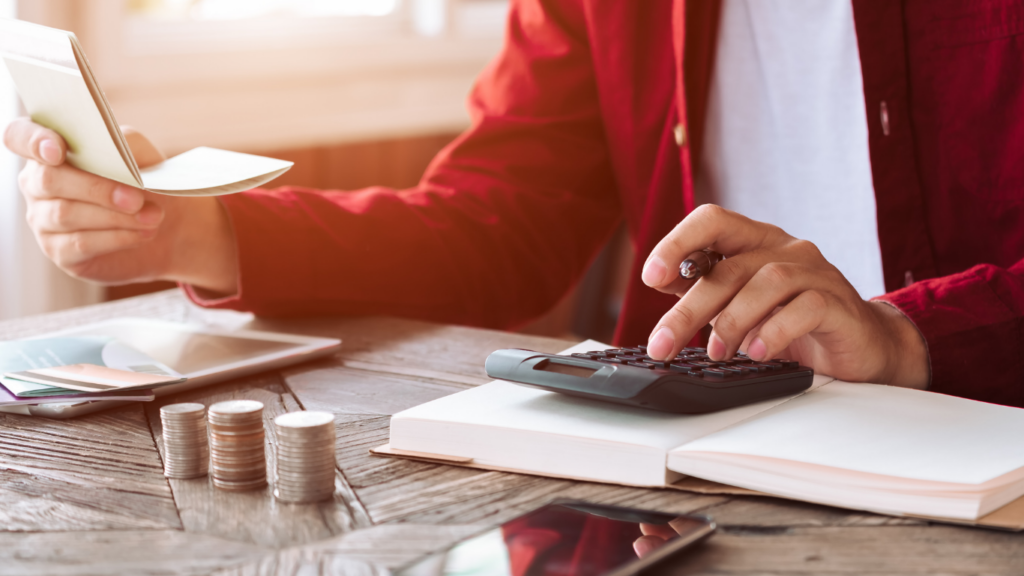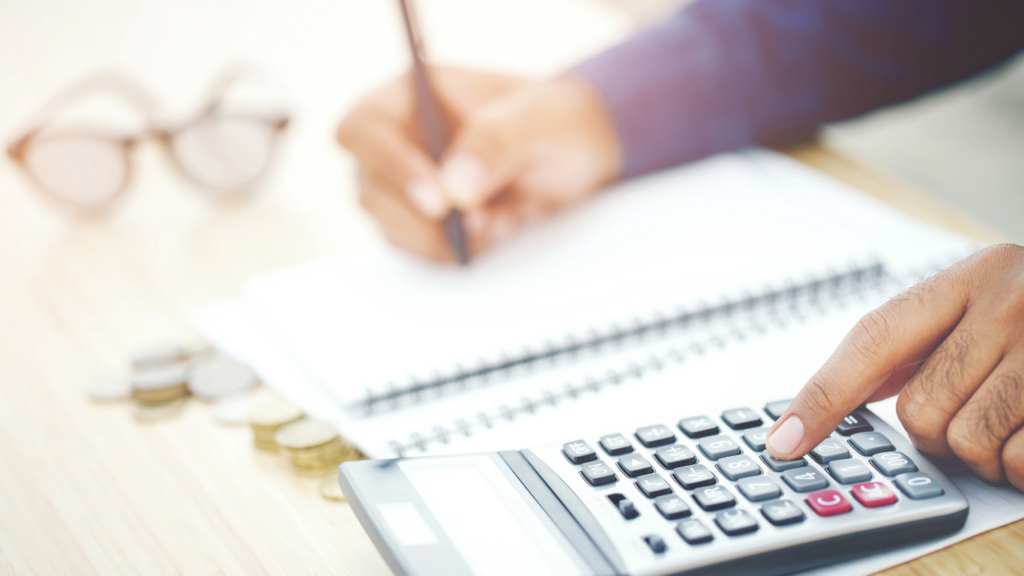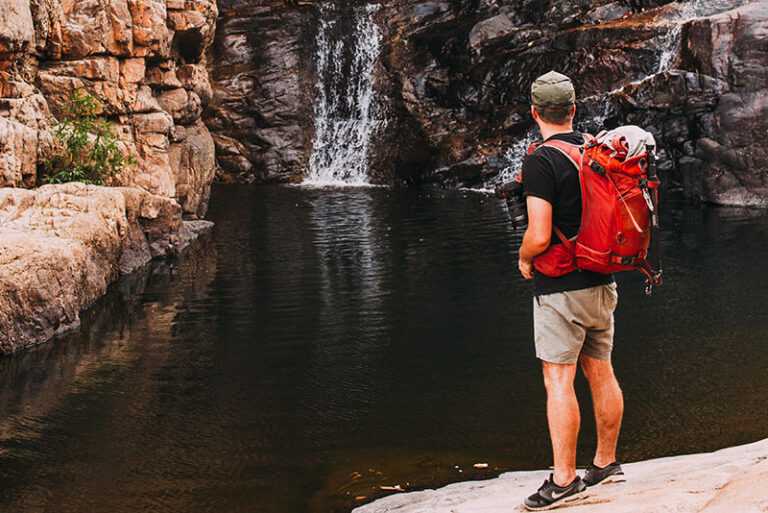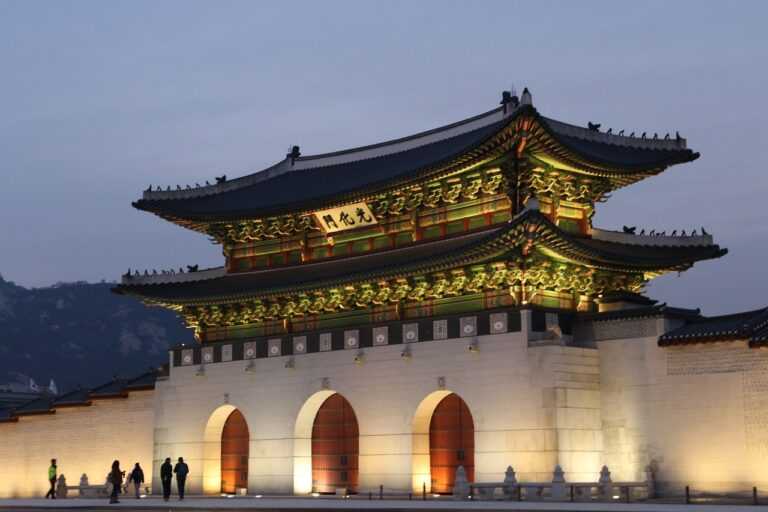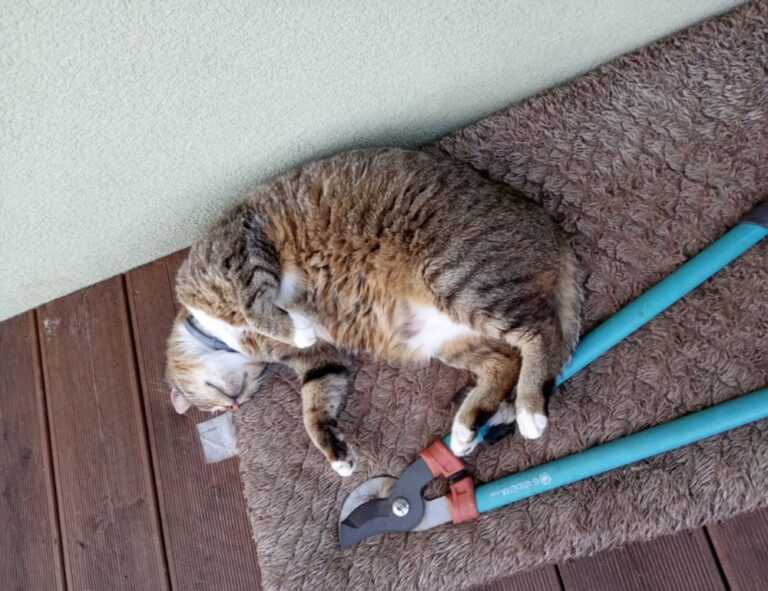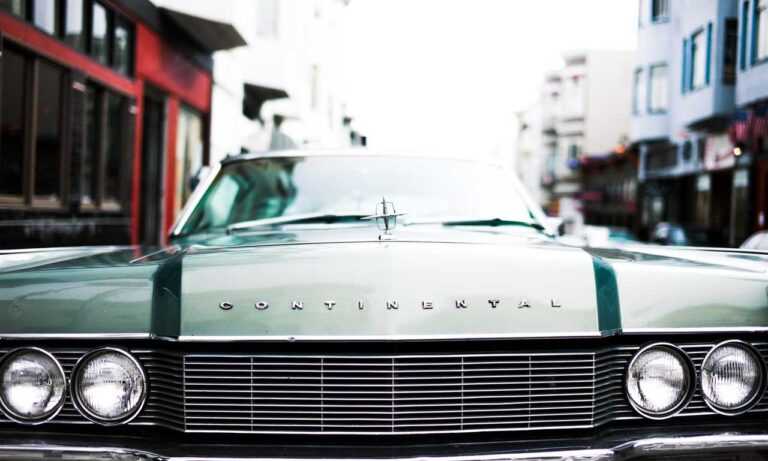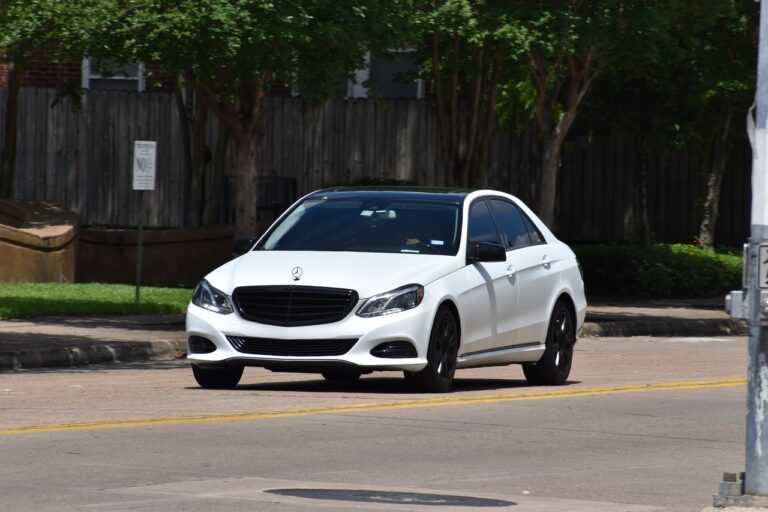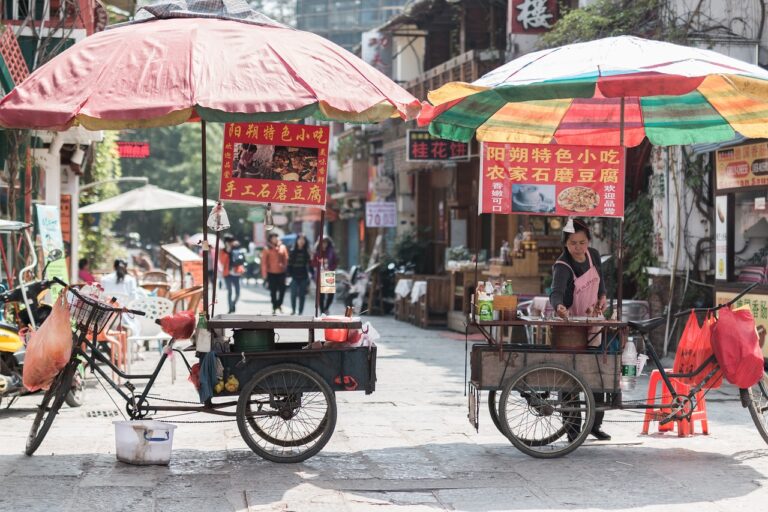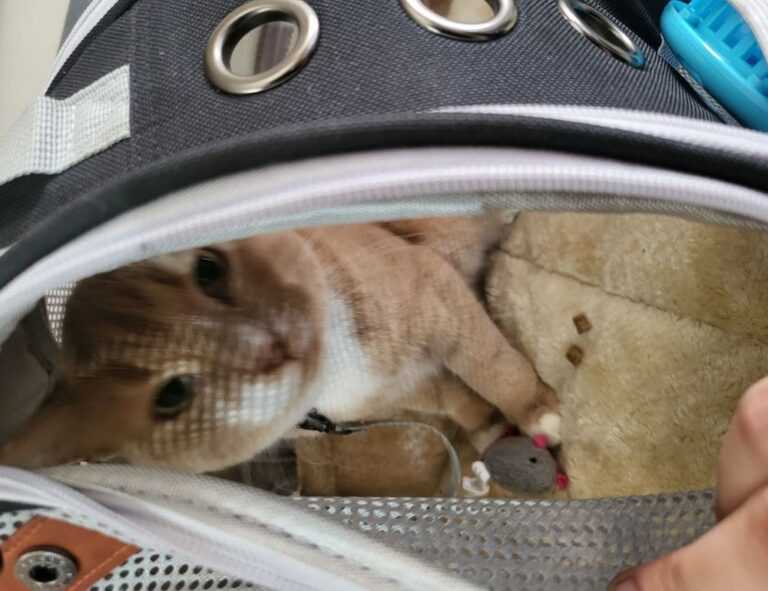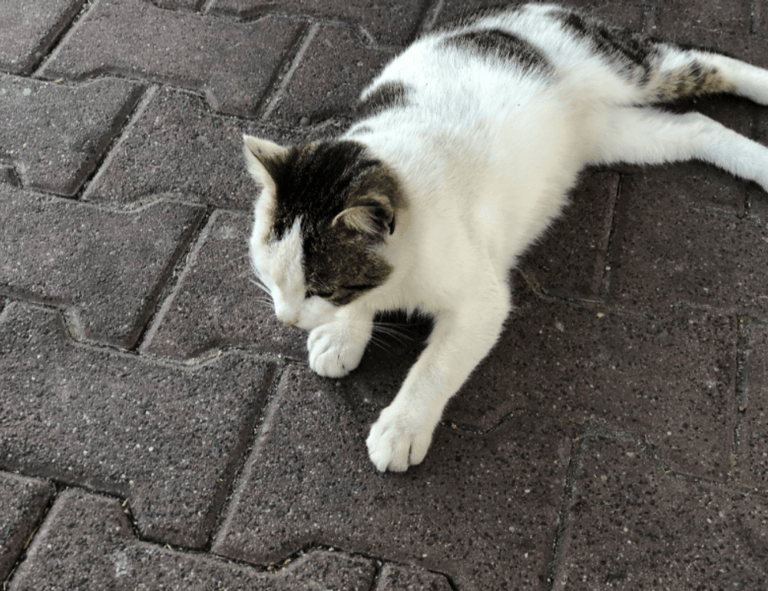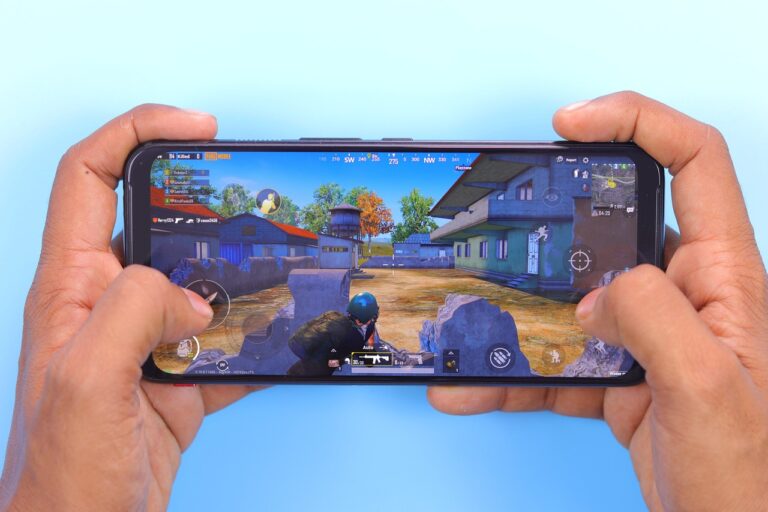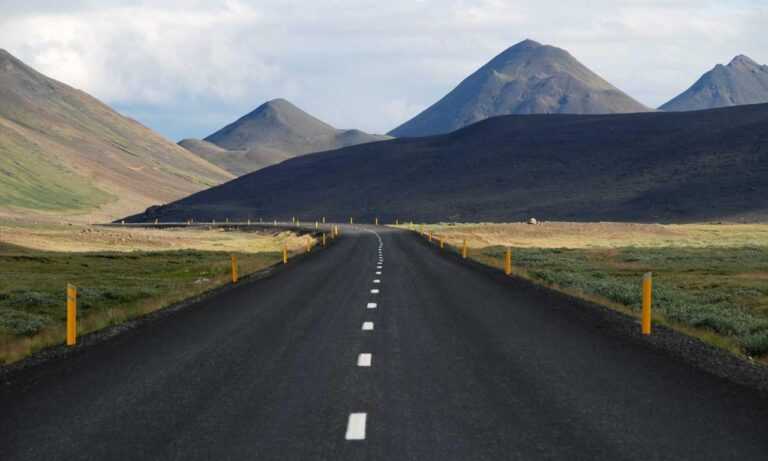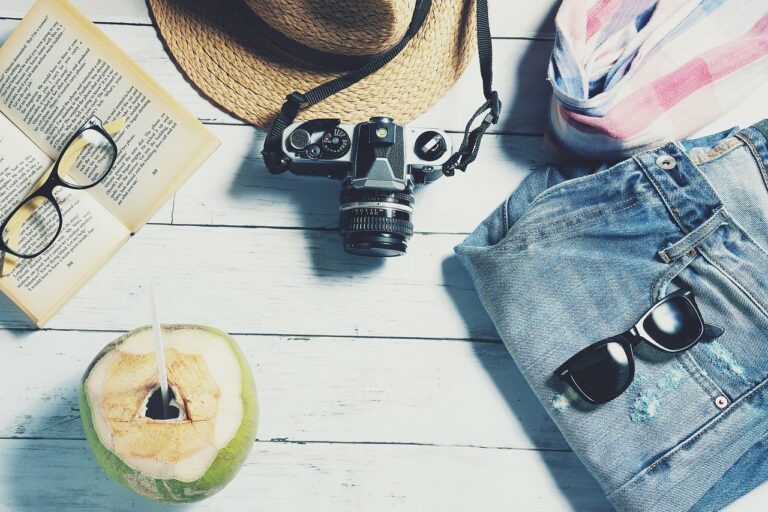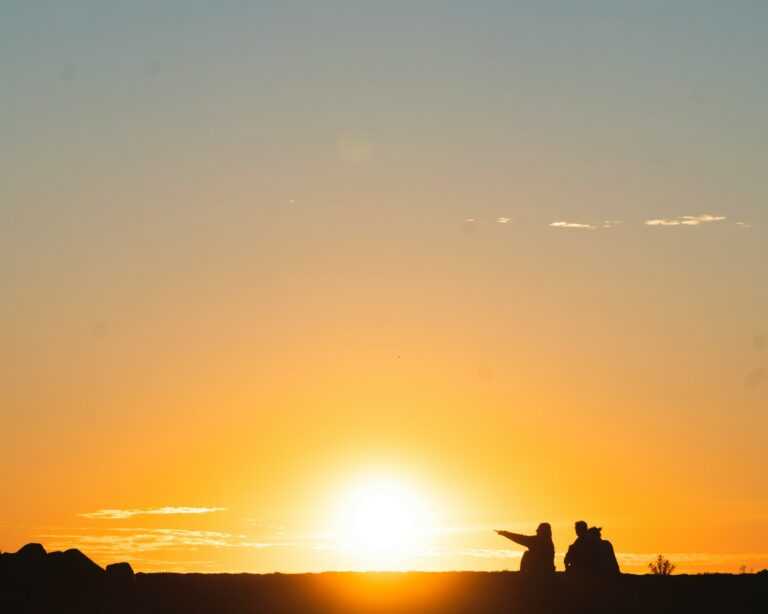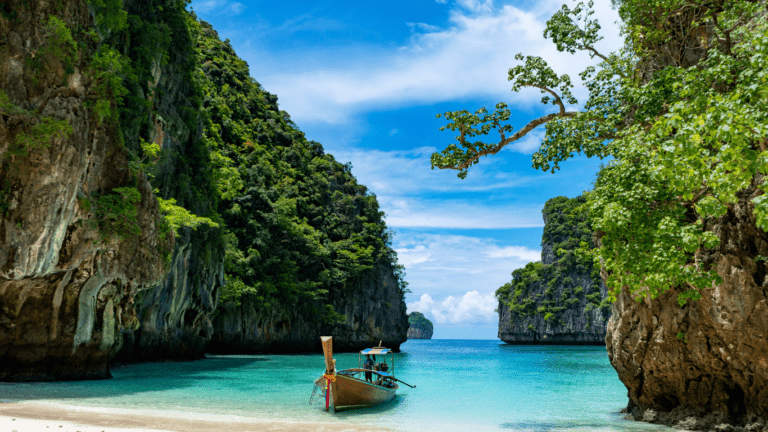Traveling can be one of life’s greatest joys, but it often comes with a hefty price tag. I’ve learned that careful budgeting can make a world of difference, turning a dream trip into a reality without breaking the bank.
Whether you’re a seasoned traveler or planning your first adventure, understanding how to save and spend wisely is crucial for a stress-free experience.
Understanding Travel Budgeting
Travel budgeting plays a crucial role in ensuring that I enjoy trips without financial stress. Learning to save and spend wisely prevents overspending while maximizing experiences.
Importance of Budgeting for Travelers
Budgeting empowers travelers to plan effectively, prioritize experiences, and allocate funds for essential expenses. It provides a clear overview of possible costs, including transportation, accommodation, food, and activities.
With a solid budget, I can make informed choices, avoid financial pitfalls, and enhance overall travel satisfaction. Effective budgeting also allows for unexpected expenses, ensuring that I remain financially secure while exploring new destinations.
Common Budgeting Mistakes to Avoid
Avoiding budgeting mistakes is essential for maintaining financial discipline while traveling. Here are key errors to watch out for:
- Underestimating Costs: Many travelers overlook daily expenses like meals, transportation, and tips, leading to budget shortfalls.
- Ignoring Currency Fluctuations: Failing to account for exchange rates may result in unplanned overspending or inadequate funds.
- Neglecting Emergency Funds: Avoid traveling without setting aside a portion for emergencies, as unexpected situations can arise.
- Overlooking Free Activities: Many travelers focus solely on paid attractions, missing out on free or low-cost experiences that enrich their journey.
- Being Inflexible: Sticking strictly to a budget without adapting to changing circumstances can limit enjoyment and exploration.
By staying aware of these common mistakes, I improve my budgeting approach and make the most of every trip.
Creating Your Travel Budget
I focus on clear methods for creating an effective travel budget, ensuring I spend wisely and save wherever possible. Understanding my expenses helps me enjoy my travels without stress.
Estimating Travel Costs
I break down costs into specific categories to get a clearer picture of my travel expenses. Here’s how I estimate:
- Transportation costs: I consider flights, train fares, buses, and car rentals. Including local transport like taxis and public transit ensures I cover all bases.
- Accommodation fees: I compare prices across various lodging options, including hotels, hostels, and vacation rentals, to find value.
- Food expenses: I estimate daily food costs by researching average meal prices in my destination, factoring in dining out and grocery shopping.
- Activity charges: I identify and list all planned activities, such as tours, excursions, and entry fees, to account for entertainment costs.
- Miscellaneous fees: I include costs for travel insurance, souvenirs, and potential tips to avoid unexpected expenses.
I compile these estimates in a budgeting tool or spreadsheet for easy organization and tracking.
Setting a Daily Spending Limit
I set a daily spending limit based on my overall travel budget, giving me a clear framework for daily expenses. Here’s my approach:
- Calculate total budget: I determine my overall travel budget based on flights, accommodation, and activities.
- Estimate the duration: I divide my total budget by the number of days traveling, establishing a daily limit for spending.
- Adjust for flexibility: I assess my daily limit to account for special activities, meals, or experiences that might require extra funds.
- Track daily spending: I maintain a record of my daily expenses to ensure I stay within my limits and make adjustments as necessary.
Setting and adhering to a daily spending limit helps me manage my finances responsibly while still enjoying my travel experience.
Tips for Saving Money While Traveling
I’ve gathered effective strategies to help save money while traveling. Implementing these tips can ensure a memorable experience without breaking the bank.
Finding Affordable Accommodation
- Utilize multiple booking platforms to compare prices and find deals. Websites like Booking.com, Expedia, and Airbnb offer competitive rates.
- Consider alternative lodging options such as hostels or vacation rentals, which often provide more value than standard hotels.
- Book in advance for better rates on accommodations. Early reservations usually lead to significant savings, particularly during peak travel seasons.
- Look for loyalty programs offered by hotel chains, allowing points accumulation for discounts or free stays.
- Opt for stays outside tourist hotspots. Locations slightly away from main attractions often have lower rates but still offer convenient access.
Budgeting for Transportation
- Research local transportation options before traveling to understand costs and availability. Public transit can be significantly cheaper than taxis or rental cars.
- Book flights and train tickets in advance to secure lower rates. Prices often increase as the travel date approaches.
- Consider flexible travel dates. Traveling on weekdays or during off-peak times usually leads to better deals on transportation.
- Take advantage of travel pass options for unlimited rides on public transportation, which can save money if planned correctly.
- Carpool or use rideshare services when possible. This can reduce costs compared to renting a car or taking solo taxis.
Spending Wisely on Experiences
Traveling offers a variety of enriching experiences, but spending wisely on these activities maximizes enjoyment while minimizing costs. Careful planning ensures that I engage in meaningful experiences without straining my budget.
Prioritizing Activities and Attractions
I prioritize activities that align with my interests and offer the best value. I research attractions beforehand and look for those with free admission or reduced rates on certain days. I often consider allocating a portion of my budget to unique local experiences instead of tourist traps.
Evaluating how much time I’ll spend at each attraction helps me decide whether a day pass for multiple sites makes sense. Additionally, I take advantage of discounts for students, seniors, or local residents, which can significantly reduce overall costs.
I make sure to read reviews to ensure that the experiences I choose deliver the best quality for the price.
Eating and Dining Budgeting Tips
Eating local cuisine enhances any travel experience, but dining out can quickly add up. I set a daily dining budget and stick to it. I prefer exploring street food markets or small local restaurants, which often provide authentic meals at lower prices.
Whenever possible, I shop at grocery stores to prepare some meals, saving money while enjoying local ingredients. I also look for happy hours or special promotions at restaurants for affordable dining options. I find that enjoying a leisurely lunch instead of a dinner can offer similar culinary experiences at a reduced cost.
By combining these tactics, I maintain a satisfying dining experience without overspending.

